Leon Weninger
AutoML Segmentation for 3D Medical Image Data: Contribution to the MSD Challenge 2018
May 20, 2020
Abstract:Fueled by recent advances in machine learning, there has been tremendous progress in the field of semantic segmentation for the medical image computing community. However, developed algorithms are often optimized and validated by hand based on one task only. In combination with small datasets, interpreting the generalizability of the results is often difficult. The Medical Segmentation Decathlon challenge addresses this problem, and aims to facilitate development of generalizable 3D semantic segmentation algorithms that require no manual parametrization. Such an algorithm was developed and is presented in this paper. It consists of a 3D convolutional neural network with encoder-decoder architecture employing residual-connections, skip-connections and multi-level generation of predictions. It works on anisotropic voxel-geometries and has anisotropic depth, i.e., the number of downsampling steps is a task-specific parameter. These depths are automatically inferred for each task prior to training. By combining this flexible architecture with on-the-fly data augmentation and little-to-no pre-- or postprocessing, promising results could be achieved. The code developed for this challenge will be available online after the final deadline at: https://github.com/ORippler/MSD_2018
ModelHub.AI: Dissemination Platform for Deep Learning Models
Nov 26, 2019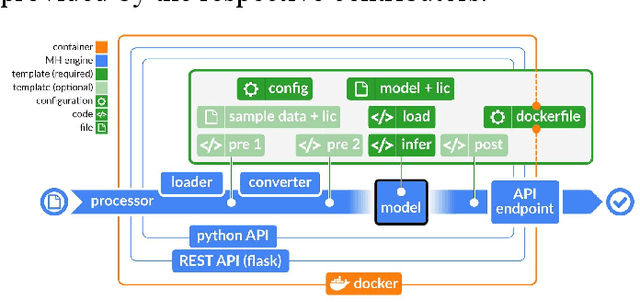
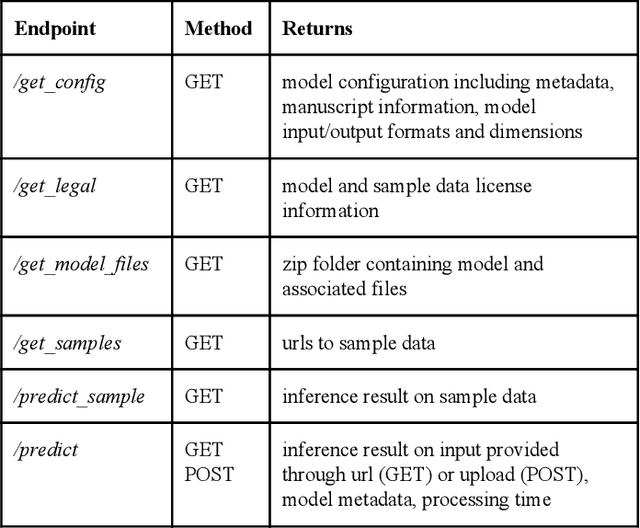

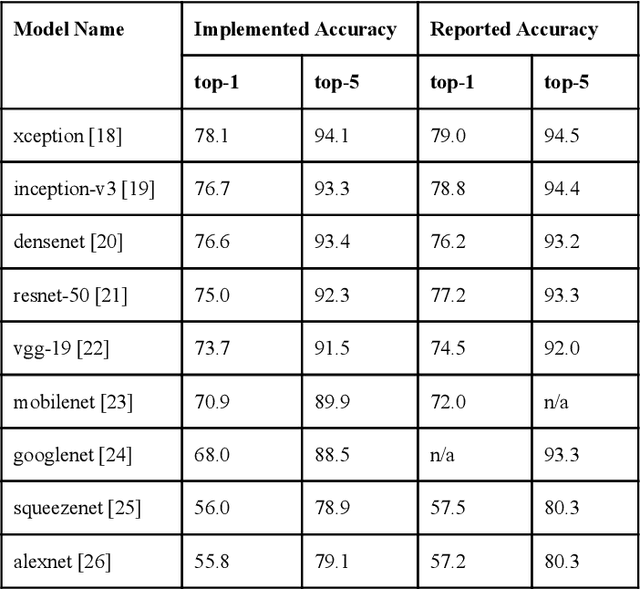
Abstract:Recent advances in artificial intelligence research have led to a profusion of studies that apply deep learning to problems in image analysis and natural language processing among others. Additionally, the availability of open-source computational frameworks has lowered the barriers to implementing state-of-the-art methods across multiple domains. Albeit leading to major performance breakthroughs in some tasks, effective dissemination of deep learning algorithms remains challenging, inhibiting reproducibility and benchmarking studies, impeding further validation, and ultimately hindering their effectiveness in the cumulative scientific progress. In developing a platform for sharing research outputs, we present ModelHub.AI (www.modelhub.ai), a community-driven container-based software engine and platform for the structured dissemination of deep learning models. For contributors, the engine controls data flow throughout the inference cycle, while the contributor-facing standard template exposes model-specific functions including inference, as well as pre- and post-processing. Python and RESTful Application programming interfaces (APIs) enable users to interact with models hosted on ModelHub.AI and allows both researchers and developers to utilize models out-of-the-box. ModelHub.AI is domain-, data-, and framework-agnostic, catering to different workflows and contributors' preferences.
Radiomic Feature Stability Analysis based on Probabilistic Segmentations
Oct 13, 2019
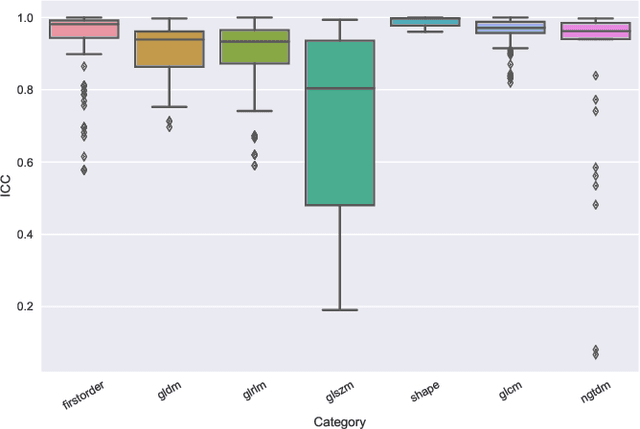
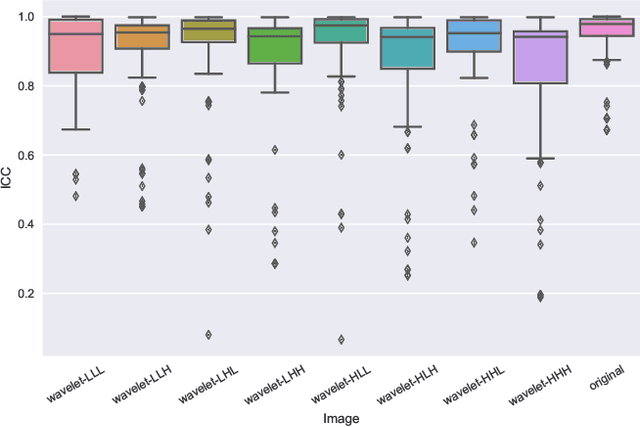
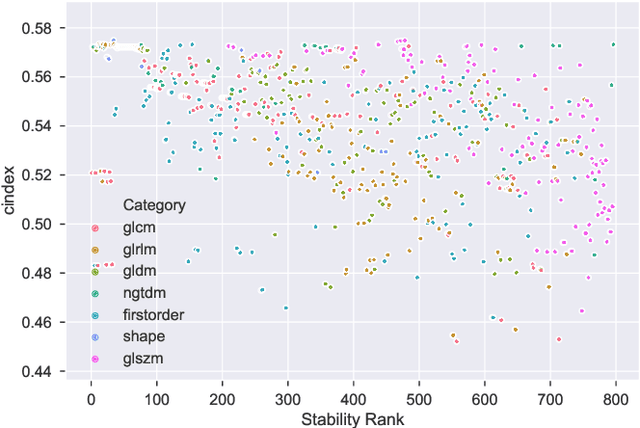
Abstract:Identifying image features that are robust with respect to segmentation variability and domain shift is a tough challenge in radiomics. So far, this problem has mainly been tackled in test-retest analyses. In this work we analyze radiomics feature stability based on probabilistic automated segmentation hypotheses. Based on a public lung cancer dataset, we generate an arbitrary number of plausible segmentations using a Probabilistic U-Net. From these segmentations, we extract a high number of plausible feature vectors for each lung tumor and analyze feature variance with respect to the segmentations. Our results suggest that there are groups of radiomic features that are more (e.g. statistics features) and less (e.g. gray-level size zone matrix features) robust against segmentation variability. Finally, we demonstrate that segmentation variance impacts the performance of a prognostic lung cancer survival model and propose a new and potentially more robust radiomics feature selection workflow.
 Add to Chrome
Add to Chrome Add to Firefox
Add to Firefox Add to Edge
Add to Edge